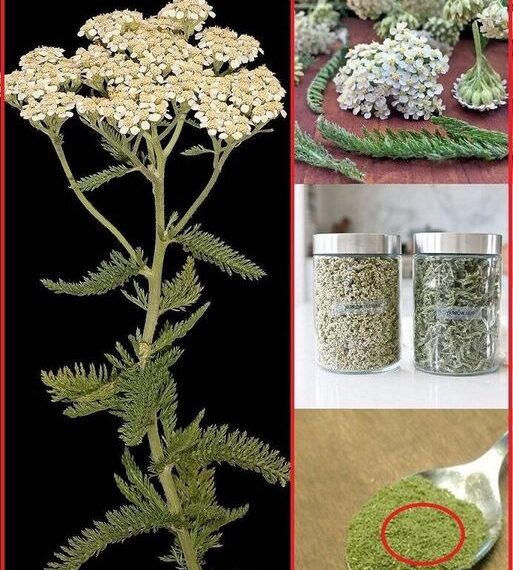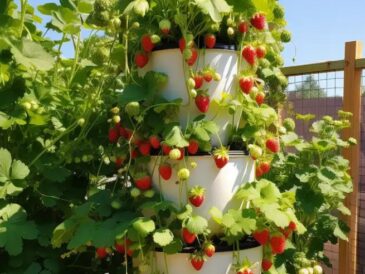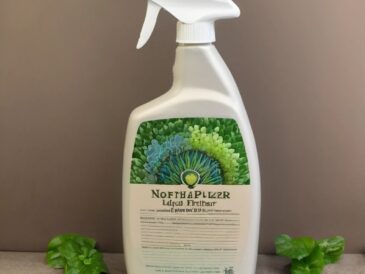Yarrow (Achillea millefolium), a hardy perennial herb, has been valued for centuries for its medicinal, culinary, and ornamental properties. Named after the Greek hero Achilles, who is said to have used it to heal his warriors, yarrow’s significance extends beyond folklore. This versatile plant offers numerous benefits to gardens, ecosystems, and human health. In this article, we delve into the multifaceted importance of yarrow.
1. Medicinal Uses
Wound Healing
Yarrow is renowned for its ability to aid in wound healing. Its leaves contain compounds that promote blood clotting, reduce inflammation, and prevent infection. Historically, yarrow was used on battlefields to staunch bleeding and accelerate the healing process.
Anti-Inflammatory Properties
Yarrow’s anti-inflammatory properties make it valuable in treating various ailments, including skin irritations, rashes, and minor cuts. Its essential oils and flavonoids help reduce inflammation, making it a popular ingredient in natural skin care products.
Digestive Health
Yarrow has been used to alleviate digestive issues such as indigestion, bloating, and cramps. Its bitter compounds stimulate the production of digestive enzymes and bile, aiding in the breakdown of food and the absorption of nutrients.
Fever Reduction
Traditionally, yarrow tea has been used to induce sweating and reduce fevers. Its diaphoretic properties help regulate body temperature and support the immune system during infections.
2. Ecological Benefits
Pollinator Attraction
Yarrow’s flat-topped clusters of small flowers are highly attractive to pollinators, including bees, butterflies, and beneficial insects. Planting yarrow in gardens and landscapes supports pollinator populations, which are crucial for the health of ecosystems and food production.
Soil Improvement
Yarrow’s deep root system helps improve soil structure by breaking up compacted soil and increasing aeration. Additionally, yarrow accumulates nutrients such as potassium, phosphorus, and copper, which can be returned to the soil when the plant decomposes or is used as mulch.
Companion Planting
Yarrow is an excellent companion plant in vegetable gardens. Its presence can enhance the growth and health of neighboring plants by repelling pests and attracting beneficial insects. It is particularly effective when planted alongside crops such as tomatoes, beans, and cabbage.
3. Ornamental Value
TO CONTINUE READINGSEE NEXT PAGE




